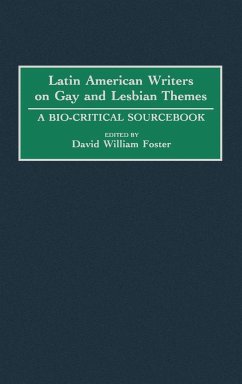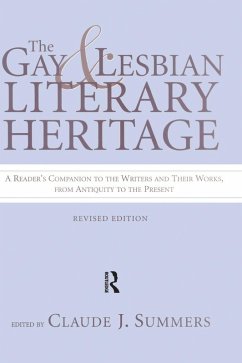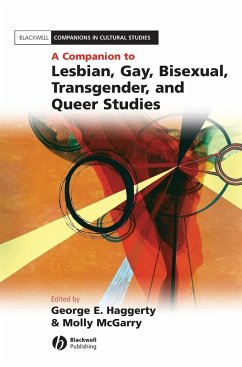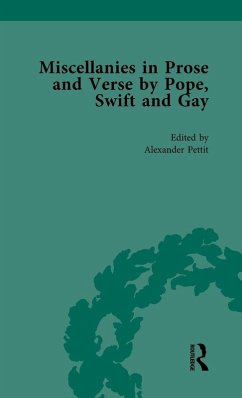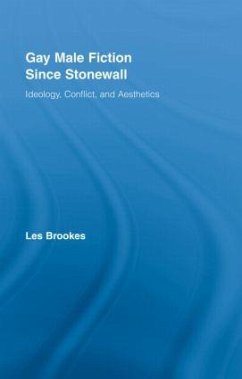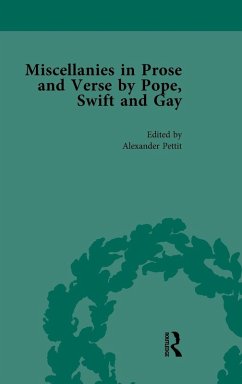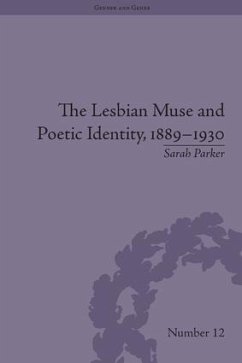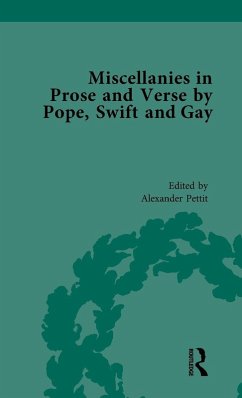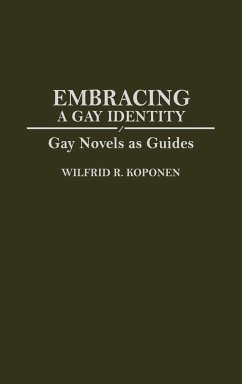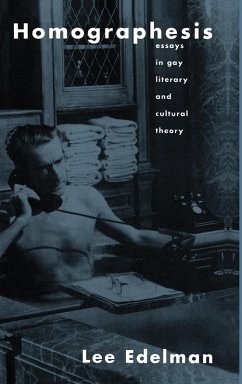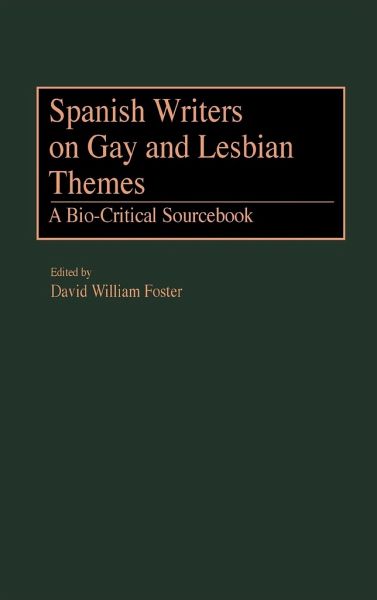
Spanish Writers on Gay and Lesbian Themes
A Bio-Critical Sourcebook
Herausgeber: Foster, David William
Versandkostenfrei!
Versandfertig in 1-2 Wochen
65,99 €
inkl. MwSt.

PAYBACK Punkte
33 °P sammeln!
Spanish literature is one of the major European literatures, with an extensive array of canonical and important writers from the Middle Ages to the present. Because Spain was a crossroads of Christian, Jewish, and Islamic cultures, its cultural traditions weave together issues related to homoerotic practices and beliefs from these diverse origins. Homoeroticism, as a consequence, has always been a highly charged issue for Spain. But only since the return to a constitutional society after the death of Franco in 1975 and the international growth of interest in queer issues has it been possible t...
Spanish literature is one of the major European literatures, with an extensive array of canonical and important writers from the Middle Ages to the present. Because Spain was a crossroads of Christian, Jewish, and Islamic cultures, its cultural traditions weave together issues related to homoerotic practices and beliefs from these diverse origins. Homoeroticism, as a consequence, has always been a highly charged issue for Spain. But only since the return to a constitutional society after the death of Franco in 1975 and the international growth of interest in queer issues has it been possible to establish a reliable history of homoeroticism in Spanish culture. Many of these issues have been treated in Spanish literature, since the literature of a country so closely records its culture. This reference book examines the prominence of gay and lesbian themes in the works of Spanish writers and thus illuminates the homoerotic element in Spanish culture from the medieval period to the twentieth century. The volume presents entries for more than 50 Spanish writers, such as Federico García Lorca, Ignatius of Loyola, Juan de la Cruz, Miguel de Unamuno, María de Zayas, and Esther Tusqueto. The writers included fall chiefly into two groups: those of the canon whose works contain elements of interest to an agenda of sexual dissidence, and those who constitute a lesbigay inventory for contemporary Spain. Included are those writers whose works are of interest to lesbigay scholarship, regardless of whether the writers themselves were lesbigay. The volume also includes entries for several Spanish cultural figures such as filmmaker Pedro Almodóvar and painter Salvador Dalí, who were not writers but nonetheless inform the homoerotic background of Spanish writing and culture. Entries are arranged alphabetically and are written by expert contributors. Each includes a brief biographical profile, a discussion of gay and lesbian themes in the writer's works, and a bibliography. The volume also includes an extensive introductory essay and a list of major studies.





